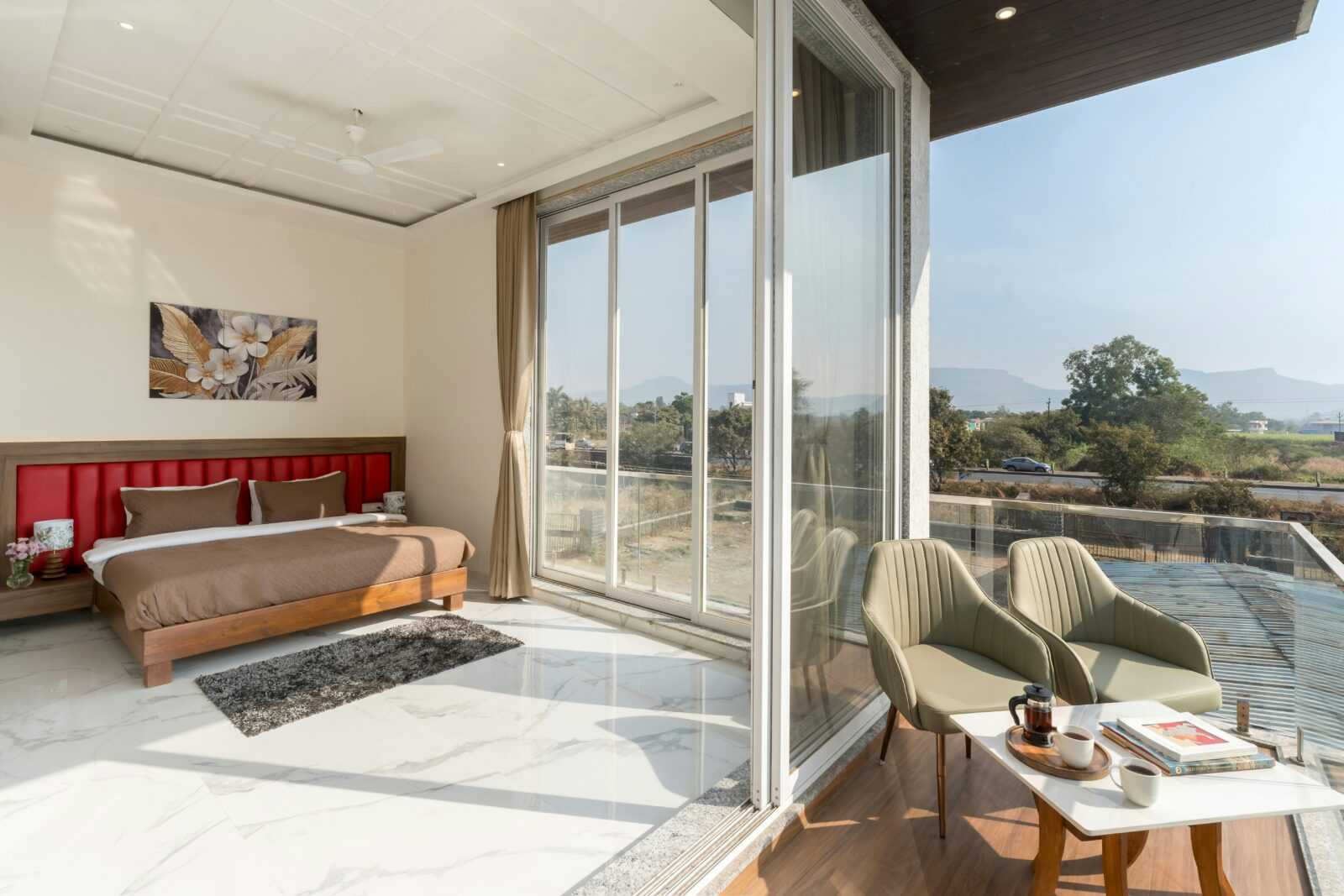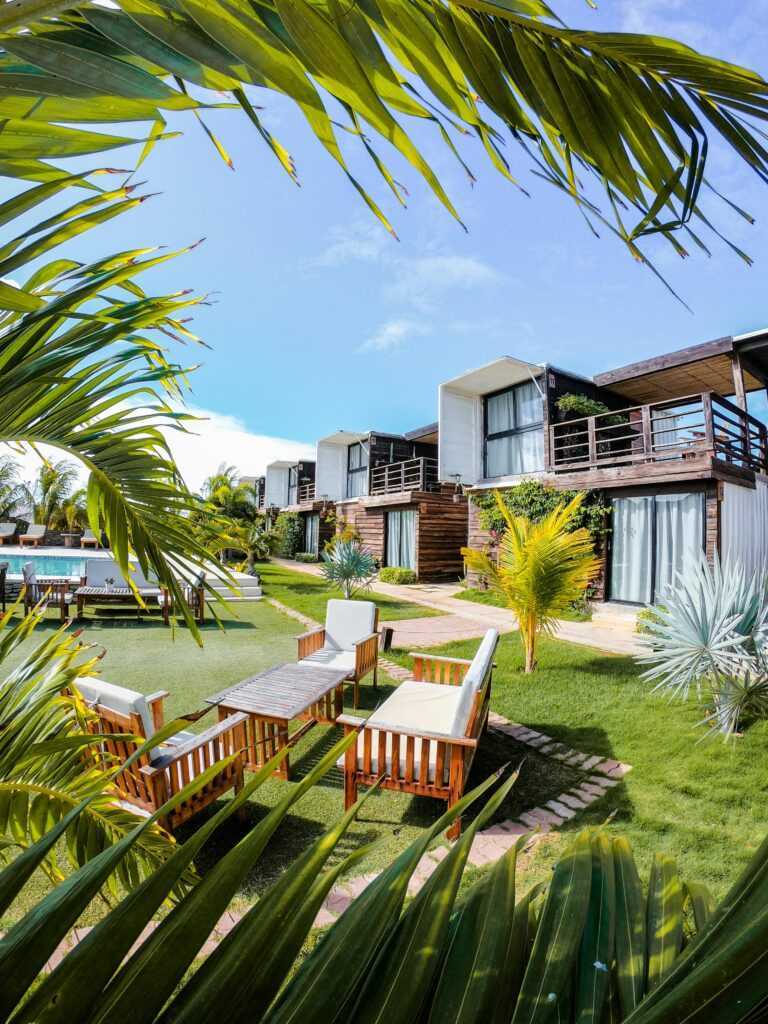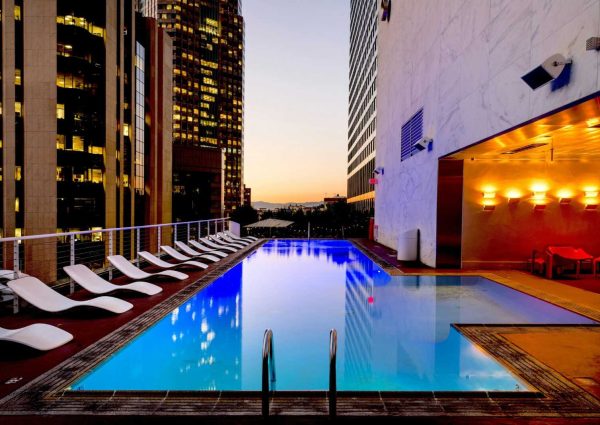Overview of Sustainability in Luxury Guide
Luxury and sustainability may seem like an unlikely pair, but in today’s world, they are increasingly becoming intertwined. As a luxury enthusiast, I’ve delved into the realm of sustainable practices within the industry and discovered a fascinating journey towards a more eco-conscious future.
From ethically sourced materials to eco-friendly production processes, the concept of sustainable luxury is reshaping the way we perceive opulence.
In this guide, I’ll explore how top luxury brands are embracing sustainability without compromising on quality or style. As a conscious consumer, it’s not just about the product itself, but the story behind it – the craftsmanship, the values, and the impact on the environment.
Join me on this exploration of how luxury and sustainability can coexist harmoniously, setting a new standard for the industry.


Importance of Sustainability in the Luxury Industry
As a luxury enthusiast, I recognize the vital role sustainability plays in the luxury sector. Let’s delve into why sustainability is pivotal in shaping the future of the industry.

Impact of Sustainability on Brand Reputation
Sustainability is more than just a trend; it’s a core component that influences brand reputation in the luxury realm. Luxury brands that embrace sustainable practices not only showcase their commitment to social and environmental responsibility but also enhance their brand image and credibility.
By aligning with sustainability, brands can attract a discerning clientele who value ethical principles and eco-conscious choices. The positive impact of sustainability on brand reputation resonates with consumers seeking authenticity, transparency, and a deeper connection with the products they purchase.
Consumer Demand for Sustainable Luxury Products
The shift towards sustainable luxury is driven by the increasing consumer demand for products that align with their values and beliefs. Today’s luxury consumers are more discerning and environmentally conscious, seeking products that not only reflect their status but also resonate with their ethical standards.
The demand for sustainable luxury products stems from a desire for quality, exclusivity, and sustainability, creating a paradigm shift in the luxury landscape. Consumers are looking beyond aesthetics and price tags; they are gravitating towards brands that prioritize sustainability, transparency, and ethical practices.


Vogue House Villas
Implementation of Sustainable Practices in Luxury Brands
Sustainable Sourcing of Materials
Sustainability in luxury brands extends beyond just a trend; it has become a fundamental pillar of the industry. Let’s delve into how luxury brands implement sustainable practices to align with ethical and eco-conscious values.
In the realm of luxury, the journey towards sustainability commences with the responsible sourcing of materials. Brands are increasingly opting for ethically sourced materials like organic cotton, cruelty-free leather, and recycled metals.
By prioritizing sustainable sourcing, luxury brands ensure transparency in their supply chain while reducing the environmental impact of their products.
Challenges Faced by Luxury Brands in Embracing Sustainability
Luxury brands often grapple with maintaining their exclusivity while embracing sustainable practices. The concept of exclusivity in luxury goods can clash with the ethos of sustainability, which advocates for broader accessibility and transparency. Finding a middle ground where sustainability enhances the brand’s allure without compromising its exclusivity poses a significant challenge.
Integrating sustainability into luxury production incurs additional costs, from sourcing ethically produced materials to implementing eco-friendly manufacturing processes. Luxury brands face the challenge of balancing these elevated costs with their profit margins and pricing strategies. Navigating the financial implications of sustainability without compromising on quality and craftsmanship requires careful consideration.
Luxury brands must educate their consumer base about the value of sustainability and redefine perceptions associated with luxury goods. Overcoming preconceived notions that sustainability compromises quality or luxury requires effective communication and transparent brand narratives. Educating consumers about the environmental and social benefits of sustainable luxury products is crucial in fostering acceptance and demand.
Luxury brands often operate complex supply chains spanning multiple regions, making traceability and transparency challenging. Ensuring the sustainability of each component in the supply chain, from raw materials to final products, demands rigorous oversight and collaboration with suppliers. Establishing transparent supply chains that adhere to sustainable practices is a formidable task for luxury brands.
Embracing sustainability in luxury necessitates continuous innovation and technology integration to reduce environmental impact and enhance efficiency. Luxury brands face the challenge of integrating cutting-edge sustainable technologies into their traditional craftsmanship processes while maintaining their signature quality and aesthetic finesse. Adapting to evolving sustainability standards and implementing innovative solutions require substantial investments in research and development.

Future Trends in Sustainable Luxury
Exploring future trends in sustainable luxury reveals an intriguing shift towards innovative practices and heightened consumer consciousness. Sustainable luxury is not just a passing trend; it’s a transformative movement reshaping the industry’s landscape.
Innovative Materials
Leading luxury brands are increasingly turning to innovative materials such as lab-grown diamonds, Piñatex (made from pineapple leaf fibers), and bio-fabricated textiles. These alternatives not only reduce reliance on traditional resources but also offer unique textures and aesthetics that appeal to eco-conscious consumers.
Circular Economy Models
The adoption of circular economy models is gaining momentum in the luxury sector. Brands are focusing on extending product lifecycles through repair, resale, and rental services. By emphasizing longevity and durability, luxury labels are aligning with sustainability goals while offering consumers more sustainable ownership options.
Regenerative Practices
Luxury brands are increasingly delving into regenerative practices that go beyond sustainability to actively restore and rejuvenate ecosystems. Initiatives like regenerative agriculture, reforestation projects, and biodiversity conservation initiatives are becoming integral parts of sustainable luxury brands’ strategies, showcasing their commitment to environmental stewardship.
Tech Integration for Transparency
Technology plays a pivotal role in enhancing transparency within supply chains. Blockchain and RFID technologies are being leveraged to provide consumers with detailed insights into product origins, manufacturing processes, and environmental footprint. This transparency fosters trust and allows consumers to make informed purchasing decisions.
Community Engagement
Future trends in sustainable luxury emphasize community engagement and social impact. Luxury labels are partnering with local communities, artisans, and NGOs to support ethical production practices, preserve cultural heritage, and empower marginalized groups. By fostering meaningful connections and creating positive change.
Conclusion
As a luxury enthusiast, I’ve witnessed the remarkable fusion of sustainability and luxury, revolutionizing the industry. The shift towards ethical practices and eco-conscious choices is not just a trend but a fundamental pillar shaping the future of luxury.
Brands embracing sustainability are not only enhancing their reputation but also attracting a new wave of consumers valuing ethical principles. The dynamic evolution towards sustainable luxury is evident through innovative materials, circular economy models, and regenerative practices.
This transformative movement underscores the industry’s commitment to long-term success and ethical stewardship. By integrating sustainability into their core values, luxury brands are leading the way towards a more conscious and sustainable future, setting new standards that redefine the essence of luxury.
